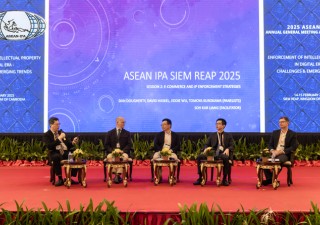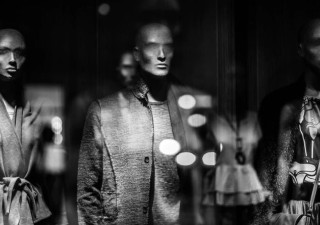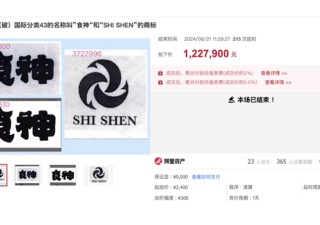In a rare public rebuke, the head of a Chinese commerce regulator called out Alibaba founder and chairman Jack Ma for the rising number of counterfeit goods available on the online retailer’s platforms.
Speaking in an interview with Hong Kong-based Phoenix Television on August 5, Zhang Mao, director of the State Administration of Industry and Commerce (SAIC), said: “I have repeatedly emphasized to Jack Ma that [he is] not in a lawless land. [He] must take the primary responsibility.” Because those online stores on [his] website are not registered, [he] must be responsible (for their illegal activities),” Zhang said.
Zhang acknowledged that the Chinese e-commerce juggernaut has made great efforts to crack down on counterfeit goods on its marketplaces, but said that “many problems remain unresolved.”
He also opened up, for the first time, on the high-profile spat between the SAIC and Alibaba last year.
In January 2015, the Chinese regulator published a monitoring report that found only 37.25 percent of products purchased on Taobao were “genuine,” which was followed by a white paper condemning Alibaba for turning a blind eye to the sale of fake goods on its websites and its staff taking bribes from merchants.
In the document, the regulator described its problems as representing “Alibaba’s largest credibility crisis since its founding” and warned of the possibility of significant administrative fines. The news saw Alibaba’s stock plunged nearly 10 percent in US trading in a single day.
However, in an extraordinary episode, the white paper was pulled from the agency’s website after Alibaba hit back at the report and said the corporation would file a formal complaint.
Zhang revealed in the interview that the decision to retract the white paper was made after a hastily arranged private meeting with Ma over a quick meal at SAIC’s canteen.
He explained that the white paper was based on an internal meeting during a visit by a group of SAIC inspectors to the company, ahead of Alibaba’s record-breaking Initial Public Offering (IPO) in New York. Zhang agreed with Ma that the document should not have been released as a government white paper.
As to the monitoring report, Ma pointed out that the sample size was too small to prove a prevalence of fake goods on his websites, to which Zhang replied: “You will fail the examination regardless.”
The two men later reached the consensus that the SAIC is responsible for supervising the company, and the latter must cooperate with the government to fight against the sale of counterfeit goods.
In the interview, Zhang also refuted the accusation that the agency deliberately withheld the white paper to avoid influencing Alibaba’s IPO.
“Some people in the US said that the Chinese government is colluding with Alibaba because we did not disclose the information before the IPO, but I must clarify that this is not true,” Zhang said. “It was only a routine work meeting. There should not have been a white paper, and there was nothing to disclose.”
The state-owned People’s Daily had criticized the agency on social media shortly after the release of the report. “Compared to the questionable sampling measures pointed out by Alibaba, the delay in releasing the white paper was much more inappropriate,” the commentary said.
Seven law firms had also filed litigation against the company in the US based on alleged inadequate IPO disclosures; the suit was dismissed in June.
While speaking of tackling online counterfeiting, Zhang hinted that online merchants might need to register with the authorities in the future. “How [e-commerce] should be regulated will need a social consensus, but ultimately businesses have to be self-disciplined,” he said.
In the past few years, Alibaba has worked to crack down on counterfeit goods on its shopping websites, claiming in 2014 that it had spent US$161 million to fight the problem. The company has also revised rules which would require luxury good sellers to submit proof that goods are genuine before they listing them for sale online.
But some luxury brands were sceptical of Ma’s sincerity. In protest of Alibaba’s admission to the International AntiCounterfeiting Coalition (IACC), several member companies including Michael Kors, Gucci America and Tiffany withdrew from the group, forcing the IACC to suspend Alibaba’s membership just after a month.







